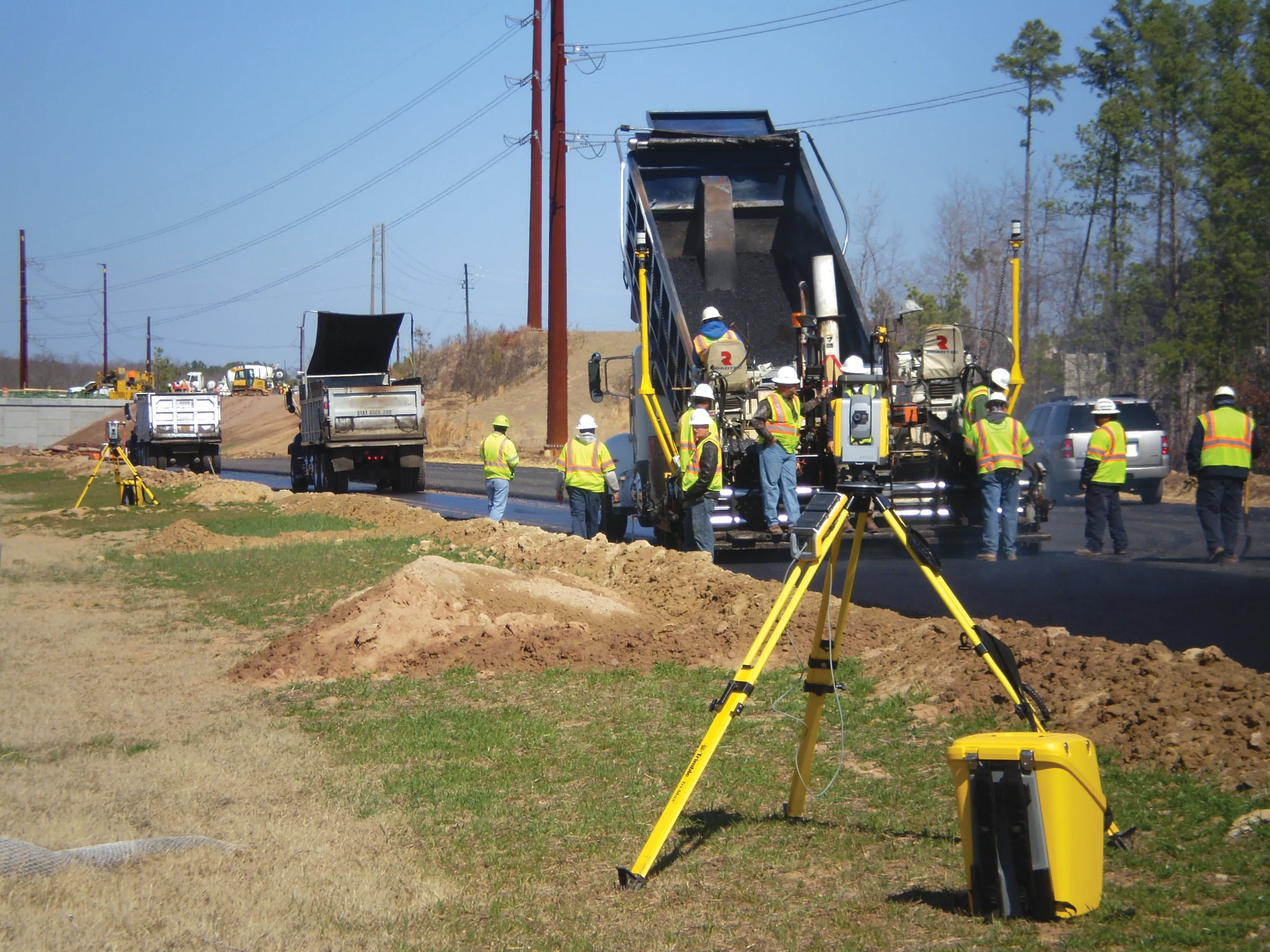Herrenknecht says it has responded to the high demand for micro-machines and comprehensive services in the Gulf region by opening a full-service branch in Abu Dhabi. The new company, Herrenknecht Tunnelling Systems, offers top machine overhauls, field service and supply of spare parts. “The Arab market provides for enormous future potentials. This is the reason why we have now established a full-service branch for micro-machines in Abu Dhabi,” says Ulrich Schaffhauser, head of management of the business uni
February 18, 2013
Read time: 2 mins

The new company, Herrenknecht Tunnelling Systems, offers top machine overhauls, field service and supply of spare parts.
“The Arab market provides for enormous future potentials. This is the reason why we have now established a full-service branch for micro-machines in Abu Dhabi,” says Ulrich Schaffhauser, head of management of the business unit Utility Tunnelling.
The branch is run by general manager Swen Weiner who has been representing the Utility Tunnelling business (Ø = 4.20m) of the Herrenknecht Group in the Middle East for eight years.
Since the 1990s, Herrenknecht has delivered more than 200 micro-machines to the Gulf region. With the new location, it is aiming to further develop its business relationships there.
“Tunnel construction in the Gulf region is facing dynamic times and we want to offer our customers top services,” says Schaffhauser.
The Herrenknecht Group also founded the Commodore Cement Industries company (CCI) together with Commodore Contracting Company of Abu Dhabi. This means that Herrenknecht holds a participation in a concrete component factory specialising in lining segments and pipe segments for tunnel projects.
Comprehensive infrastructural works are planned and being realised in Abu Dhabi to support the growth of the city’s population from 621,000 inhabitants in 2012 to over 3 million by 2030. At the heart of these measures is Abu Dhabi's Strategic Tunnel Enhancement Program (STEP) that aims to restructure the city's sewage network by building extensive tunnel networks.
The Herrenknecht Group has 14 tunnel boring machines (TBMs) involved in the project.







